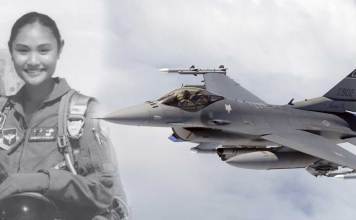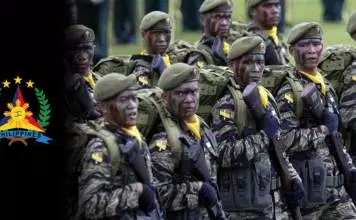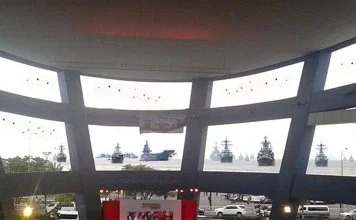Palawan, is about 160 km (100 miles) from the Spratlys where China’s massive land reclamation is causing alarm not just in the Philippines but also to their neighboring countries and the US.
If there’s an effort to developed a new military base that can be used by US troops, Palawan is the best location if the purpose is to counter China’s increasing assertiveness in the West Philippine Sea.
Although no confirmation is coming from the AFP and other officials in Palawan, a development of an existing naval facility located on Oyster Bay is quietly going on, this is what the Philippine Navy officials has described last year as the ‘mini Subic” in Palawan.
Facing the West Philippine Sea (South China Sea) the Naval Forces West (Navforwest) facility on Oyster Bay is the closest to China’s man-made islands in the Spratlys.
Previously accessible only by sea, Oyster Bay will soon be linked to the urban center by a highway now under construction. The road is expected to be completed in October.
“The purpose of this road is for easy access of our troops from Oyster Bay to Puerto Princesa, transporting materials for construction of new barracks for our troops and accessibility of Navy ships,” Lt. Ariesh Climacosa, spokesperson for Navforwest, told the Inquirer.
Developments on Oyster Bay’s Naval Base started in 2014, development plans came as tensions between the Philippines and China increased over China’s increasing assertiveness over ownership of the entire South China Sea.
According to Commodore Joseph Rostum Peña, the then Navforwest commander, Navforwest’s capability upgrade would come from the Armed Forces of the Philippines’ modernization program. The upgrade which include installation of high-powered radar systems in strategic areas from north to south of Palawan facing the South China Sea, would allow Navforwest to closely monitor developments in the disputed areas of the Spratlys.
“The coastal watch program should allow us eventually to monitor our seas in real time,” Peña had said.
Once completed, Oyster Bay would be “a mini Subic,” he said.
Oyster Bay has physical characteristics ideal for hosting large warships like the former US naval base in Zambales. “It is also ideal as a base for our Marines. It has vast jungles suitable for training and would be “suitable for large warships,” Peña had said.
The then Armed Forces Chief of Staff Gen. Gregorio Catapang was quoted by Reuters, May last year, as saying that it was the AFP’s top priority to build a naval base on the country’s western coastline.
“We feel this is the number one priority because of the emerging security situation,” he had said.
According to Reuters, Catapang said U.S., Japanese and Vietnamese naval vessels would be allowed to make port calls once the facility at Oyster Bay on the Philippine island of Palawan was completed.
“As soon as we have the money, we will pour resources there,” he had said.
Catapang said 800 million pesos ($18 million) was needed for the initial development of the naval facility and then 5 billion pesos to turn it into a major operating base.
According to Reuters, Japan, which is helping Manila boost its maritime capabilities, might fund some infrastructures around the base. -John Esconde



